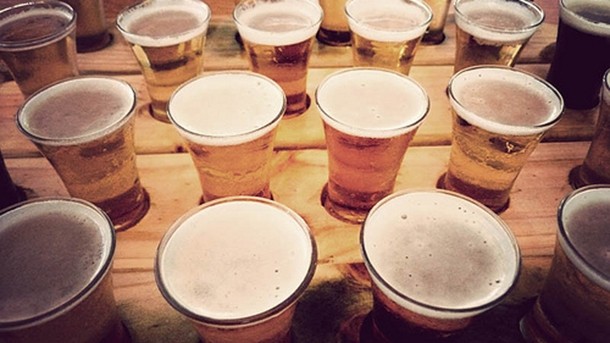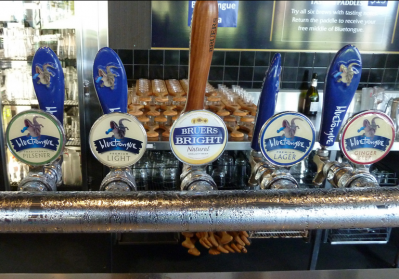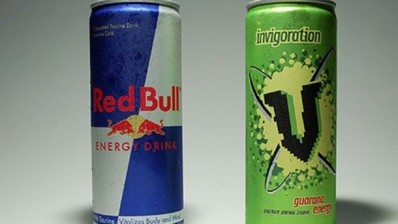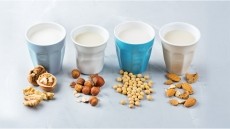Aussies steering away from amber nectar in favour of imported beers

According to Roy Morgan Research, the percentage of Australians who legally consume local beer in an average four-week period has declined by four points over the last five years. At the same time, consumption of imported beer has been on the rise.
In the year to September 2013, 35% of Australians over the age of 18 drank Australian beer within the study’s parameters — a figure that is down from 39% in September 2009.
Over the same period, the proportion of Australians who drank imported beer in any given four weeks grew from 14% to 17%.
Trend led by young
This development coincides with a shift in Australians’ attitudes away from local beers. As of September 2013, just 13% of Aussie drinkers agreed that “Australian beer is the only beer worth drinking” — whereas this figure stood at 18% in 2009.
Local beer suffered its biggest fall from favour among the 18-25 age bracket, dropping from 43% in 2009 to 35% this year. Meanwhile, 28% drank imported beer in an average four weeks in 2013, increasing from 23% in 2009.
However, imported beer isn’t the only alcoholic beverage gaining ground with this demographic: cider consumption has sky-rocketed among young drinkers since 2009 (from 6.8% to 21.3%).
Short- or long-term trend?
Roy Morgan’s Geoffrey Smith said it will be interesting to see if this move towards imported beer continues to gain ground as more young drinkers come of age to find if it is part of a long-term, economic trend.
“While there’s no single reason behind the overall decline in local beer consumption, Australia’s consistently strong dollar means the price difference between imported and Aussie beers has come down, plus imported beers are more widely available than ever,” he said.
According to Roy Morgan’s classification system, the Metrotechs — communities of educated, urban professionals — are most likely to drink imported beers, Smith added.
Then the “Today’s Families” category of young, outer-suburban families on the up-and-up) is the most likely group to drink local beers.
“It’s crucial for our local brewers to have a detailed understanding not only of who their customers are but also of how they differ from imported-beer drinkers. This will ensure they retain their edge in this increasingly competitive market,” he concluded.


















